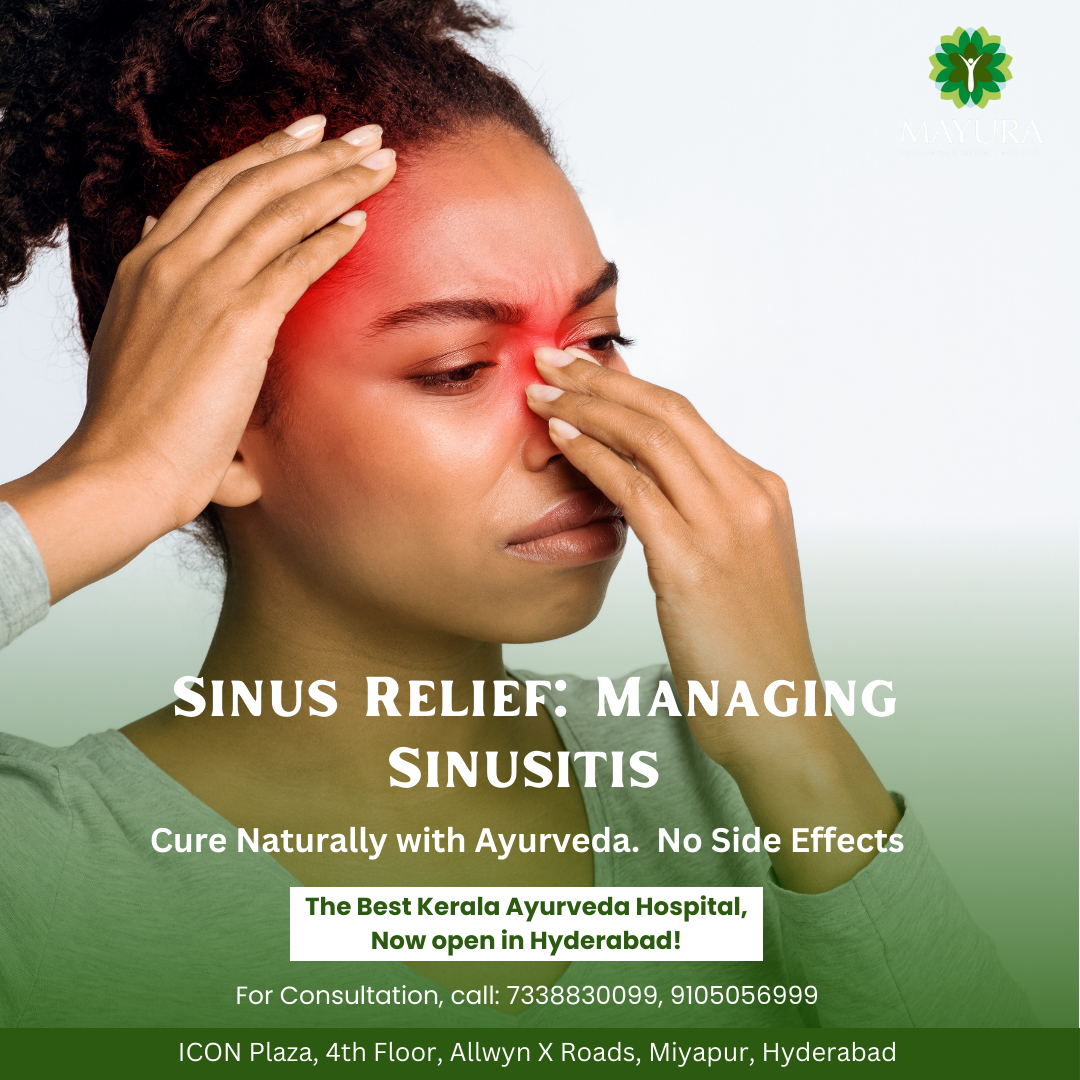Are you constantly battling the discomfort of sinusitis? You’re not alone. Sinusitis, or inflammation of the sinus cavities, affects millions worldwide. While it’s often triggered by allergies or infections, it can also stem from structural issues in the nasal passages. Regardless of the cause, managing sinusitis requires a multi-faceted approach aimed at relieving symptoms and preventing future flare-ups.
Understanding Sinusitis:
Sinusitis can be acute, lasting a few weeks, or chronic, persisting for months. Symptoms include nasal congestion, facial pain or pressure, headache, and post-nasal drip. In severe cases, it can lead to fever and fatigue. Identifying triggers and understanding symptom patterns are crucial for effective management.
Effective Remedies:
Nasal Irrigation: Flush out mucus and allergens with a saline solution using a neti pot or nasal spray.
Steam Therapy: Inhaling steam can help loosen mucus and relieve congestion.
Over-the-Counter Medications: Decongestants, antihistamines, and pain relievers can alleviate symptoms but use them cautiously and follow the dosage instructions.
Warm Compresses: Applying warm compresses over the sinus area can ease pain and pressure.
Stay Hydrated: Drink plenty of fluids to keep mucus thin and easier to expel.
Maintain Indoor Air Quality: Use air purifiers and humidifiers to keep indoor air clean and moist.
Avoid Allergens: Identify and minimize exposure to allergens such as pollen, dust mites, and pet dander.
Practice Good Hygiene: Wash your hands frequently and avoid touching your face to prevent the spread of germs.
Stay Up-to-Date with Vaccinations: Flu and pneumonia vaccines can reduce the risk of infections that can lead to sinusitis.
Manage Stress: Stress weakens the immune system, making you more susceptible to infections. Practice stress-reduction techniques like meditation or yoga.
Lifestyle Changes:
Quit Smoking: Smoking irritates the nasal passages and exacerbates sinusitis symptoms.
Eat a Balanced Diet: Incorporate plenty of fruits, vegetables, and whole grains into your diet to support immune function.
Exercise Regularly: Regular physical activity can boost immunity and improve overall health.
Get Adequate Rest: Ensure you get enough sleep to support your body’s healing processes.
When to Seek Medical Help:
While most cases of sinusitis can be managed at home, seek medical attention if:
Symptoms persist for more than 10 days
You develop a high fever
You experience severe facial pain or swelling
Vision changes occur
Your healthcare provider can determine the underlying cause of your symptoms and recommend appropriate treatment.
Conclusion:
Managing sinusitis requires a comprehensive approach involving home remedies, preventive measures, and lifestyle adjustments. By incorporating these strategies into your daily routine, you can find relief from sinusitis symptoms and improve your overall quality of life.
















